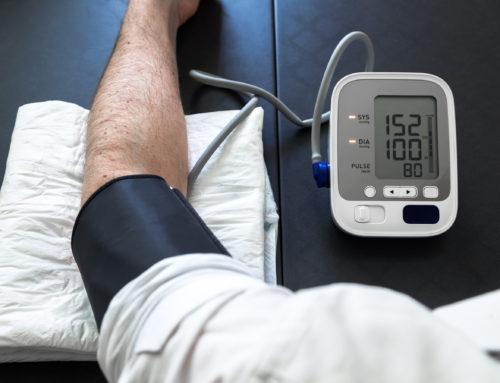We’ve all been told to not believe everything we read on the internet. That piece of advice is not the easiest to follow when we have our smartphones glued to our hands for the majority of the day. So what is the tipping point of trusting the internet? If you’re relying on the world wide web for your medical advice, you have probably reached that point. Not only can trusting your health to the internet be bad for your body, there are no legalities to support your findings if they are not medically correct.
The beauty of technology these days is that if you think you are suffering from a health issue, you can just google it. The downside of that kind of convenience, is that the information on the internet regarding health issues should not always be trusted. There are several popular websites used for troubleshooting health issues from the comfort of your own home, such as WebMD, MayoClinic, and Yahoo! Health. If you have ever used any of these, you know that you can simply type in a few symptoms and instantly have answers about the health issue you described.
This kind of instant gratification regarding health issues often leads users of the medical websites to jump to conclusions. It may lead a person to believe they have a sickness or disease that they actually do not have. The danger in that lingers in people trying to treat symptoms themselves.
A study published in The BMJ claims that symptom checkers within medical websites vary widely in their accuracy. That means that depending on which website you are using and what your symptoms are, you could get very different answers.
The most obvious reason for not trusting the internet when it comes to your health, is that a medical professional is not actually able to see you and your symptoms when you are at home or in your office typing things into search engines. Without visiting an actual doctor, you are putting yourself in control of the diagnosis, which doesn’t seem like a good idea if you are already at the point of looking it up on the internet.
So, why is it that if you type in symptoms and are given an incorrect diagnosis from a medical website it is not considered medical malpractice? There are several factors that make it so medical websites are unable to be caught in a medical malpractice case.
Doctor-Patient Relationship
Medical malpractice cases boil down to a doctor-patient relationship. If a patient is able to prove that a doctor was negligent with diagnosis or treatment, then a malpractice claim may be made. The trouble with medical websites is that there is no actual relationship between a doctor and a patient. So technically, if a doctor is not hired, then a doctor-patient relationship does not exist. By typing symptoms into a search bar, there is no doctor actually being hired.
Negligence
In a medical malpractice claim, negligence is necessary in proving that a doctor failed to take proper care of the patient. The “medical standard of care” is extremely important in negligence cases because it defines the level and type of care that a reasonably competent and skilled health care professional provides under the circumstances. The symptom checkers on medical websites are not health care professionals who have to practice under the medical standard of care and therefore cannot be accused of negligence.
Disclaimers
When looking up symptoms on medical websites, you may have been more concerned with the diagnosis rather than taking a look around the site. Medical websites that check symptoms and offers possible conditions are stacked high with disclaimers that the information you receive is not considered medical advice and should be used for informational purposes only. They also encourage users to call their doctor if there is a medical emergency. Because of the extremely high levels of content on medical websites that explain and warn users, they have made it so users cannot claim that they did not receive information warning them and end up suing them over any incorrect advice.
The reality is that medical websites are a business. Most medical websites offer their services for free and make money off of advertising. They are also sponsored by large corporations, typically healthcare-related businesses. They generate a large amount of traffic and can be a useful source for learning more information on certain health issues. Medical websites should not replace health care in any way and they do not claim to do so. As far as medical malpractice goes, medical websites seem to be generally in the clear.




























